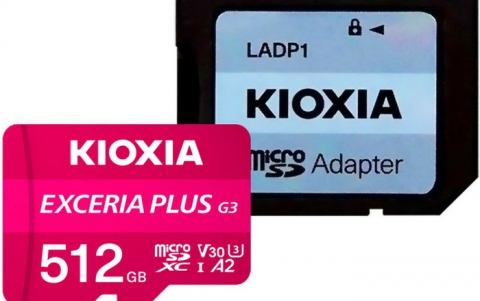CD Protection Overview
4. CD-Cops
Review Pages
2. CD Protections
3. Cactus Data Shield
4. CD-Cops
5. DiscGuard
6. LaserLock
7. LockBlocks
8. MusicGuard
9. ProtectCD
10. SafeCast
11. SafeDisc
12. SafeDisc 2
13. SecuROM
14. The Copy-Protected CD & The Bongle
15. CD Protections using other means to "protect" the CD
16. Console CD protection
17. Other Recources
CD-Cops
(Link Data
Security)
History:
Link Data Security A/S, founded in 1982, is a Danish company which has been
marketing security products since 1984 when the first version of Cop's Copylock
for DOS was released.
Link offers a complete line of protection for programs running under DOS, Windows and NT. The protected applications can be distributed on diskettes, CDs, DVDs, or via the internet. In each case, the application is locked either to an original diskette, an original CD, an original DVD, a particular machine ID, or an access-code.
Products: CD-Cops
CD-Cops recognizes an original CD-ROM and thereby rejects all copies: those produced on a CD-R burner, as well as those produced by "professional pirates" on glass masters.
The software which recognizes and either accepts or rejects the CD is itself protected by Link's code security, a system which has been in use since 1984 and is known throughout the world as being virtually unbreakable.
CD-Cops supports DOS, Windows 3.1, 3.11, 95 & 98, as well as NT, OS2 and all varieties of network: client-server as well as peer-to-peer. All currently available CD-ROM speeds are supported.
Other product : CD-Cops NET (network solution)
How it works?
After applying the protection you produce a series of CDs in the normal way. No special equipment is necessary. When you receive the shipment of CDs, which have all been produced from the same glass master and are therefore identical, you run a utility which measures one of the CDs and extracts an access code. This code, which is entirely public, is then included with the CD when it is sold, either as a label, enclosed in the package, or silk-screened onto the CD.
During installation of the software, the user enters the access code. This is done only once. From then on, the software runs only when an original CD is inserted in the CD-ROM drive. The data itself can reside either on the CD or on the hard disk, but the original CD must be present.
If a pirate CD is inserted into the drive, the software will refuse to run. Each time a new batch of CDs is produced, a new code must be extracted: one code per batch.
Price
There is a one-time startup fee of $2000 for the CD-Cops Single-User version. The startup fee for the CD-Cops Network version is $3500. Get both CD-Cops Single and CD-Cops Network for $5000.
How to recognize it
The file CDCOPS.DLL can be found in the installation director and also Files with the .GZ_ and .W_X extensions.
Does it work in real life?
CD-Cops protection works pretty well against CloneCD. For this reason Link Data Security have this posted in their homepage as an plus (+) for their protection. However there are other tools other than CloneCD which will help you break the protection (actually decrypt protected files).
Review Pages
2. CD Protections
3. Cactus Data Shield
4. CD-Cops
5. DiscGuard
6. LaserLock
7. LockBlocks
8. MusicGuard
9. ProtectCD
10. SafeCast
11. SafeDisc
12. SafeDisc 2
13. SecuROM
14. The Copy-Protected CD & The Bongle
15. CD Protections using other means to "protect" the CD
16. Console CD protection
17. Other Recources













